Interview with Maria Sournatcheva solo oboe at Musikkollegium Winterthur.
This time we bring you an interview with Maria Sournatcheva solo oboe at Musikkollegium Winterthur. Thank you very much Maria for this inspiring interview that you have given us and for your time. We hope you like it as much as we do.
How were your beginnings in music / with the oboe? Were there more musicians in the family?
My father was a real hero, he was a nuclear physicist, one of the liquidators in the Tschernobyl disaster, but had nothing to do with music.
My mother can play the piano (but not professionally) and has a fantastic voice, she opened the door to the world of music for me. Actually, she was a historian and teacher in primary school. She just had an ingenious collection of records that I could listen to from an early age. She loved piano and symphonic repertoire. My father was in love with The Beatles.
Moscow, the city with many famous squares, churches, museums and theaters in the 1990s was all about radical political, economic and social change. Due to inflation, the ticket to the famous Bolshoi Theater was like a piece of bread. I was obsessed with this colorful world when I was four and wanted to go there every day. The nice ladies at the concert and ticket officers found it nice that I, such a little girl, listen and watch enthusiastically again and again and have started to give me free tickets. They didn’t ask me for money.
Why have you chosen the oboe and when did you decide that you wanted to dedicate the oboe professionally?
The Oboe Solo in particular had touched me. I soon played the piano and recorder, but I was sure that the oboe would become my instrument!
What type of oboe do you play and why did you choose it?
I was lucky enough to try out all possible Marigaux models. To be honest, absolutely all models are excellent. And from each model you can choose your own very special oboe.
Now I’m playing 901. It has volume and the second octave is very stable. And yet the sound is very soft and warm.
Maria Sournatcheva Musica Viva Chamber Orchestra Moscow
From a very young age you went to live in Germany to study oboe, which teacher has influenced you the most?
I was very lucky to meet my professor Klaus Becker at the age of 13.
I played all of what I could play by heart. There were all kinds of works: Albinoni, Bellini, Cimarosa… He listened to me for almost an hour.
Then I finally hesitate to ask what he thinks about me. He praised me that I can play so many works at that age.
Then I asked again: « If you would include me in your class, what would you want to change about my playing? »
« Actually everything! » – He replied.
As a soloist in Gürzenich Orchestra Cologne, later in the orchestra of the Bavarian Radio (just before François Leleux), he had developed his method of balanced toning through a flexible brass support, which shaped a whole generation of students. More than 35 of his former students are now working in excellent positions in European orchestras.
After completing my studies, I had a great honor to meet other significant oboists personally. I met François Leleux and Heinz Holliger (He is honorary conductor of the Musikkollegium Winterthur) during my probation year in Winterthur. Both came to conduct and as a soloist. Those were unforgettable moments!
Immediately afterwards I met Albrecht Mayer. Since then we have met quite often. Random! And the conversations and musical collaboration are always a lot of fun.
Another three names that I really appreciate are Maurice Bourgue, Ingo Goritzki and Alfredo Bernardini (this is an incredibly great baroque oboist!). I have learned something from everyone on this list and I am very grateful for it!
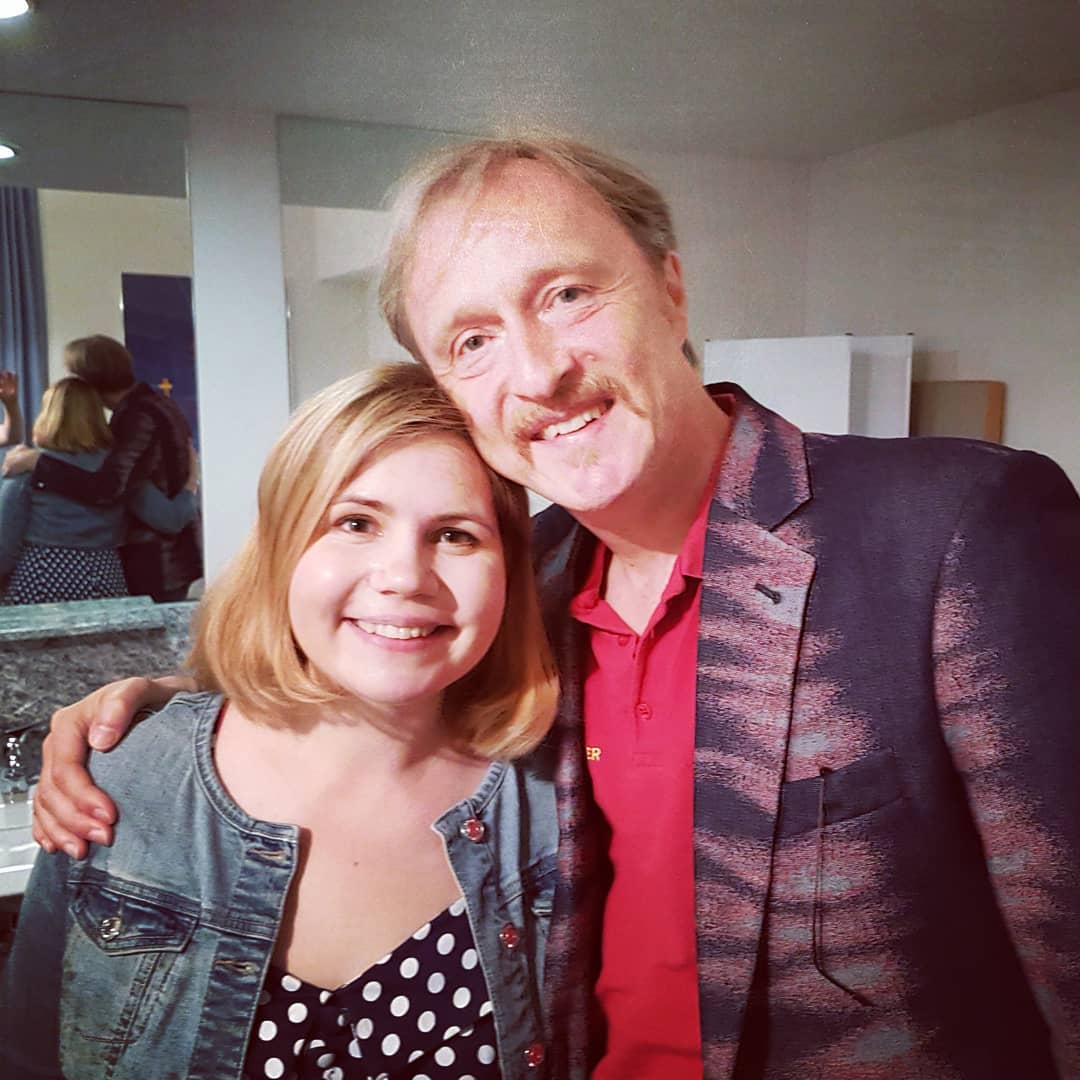
Maria Sournatcheva and Albrecht Mayer
If you had to highlight an oboe repertoire, what would it be and why?
That is a difficult question! Actually, our repertoire is not so huge and you could find something special in every piece.
I have a special love for Benjamin Britten and Henri Dutilleux.
How were your beginnings in the orchestra ? How is work as a principal oboe at the Musikkollegium Winterthur?
When I was a student, I couldn’t even imagine what does working in the orchestra really mean!
I didn’t know what it means to be a solo oboe, how much stress you have but also what fun it is. And, most importantly, I recognize it: the more important the position in the Orchestra, the more important the other colleagues around you. The cooperation and interaction consist of psychological and physical aspects. It is very important to know when to play with whom and the chamber music strengthens the working atmosphere. And vice versa.
Do you remember some funny history that happen on the stage?
Oh yeah!
I am famous for forgetting my objects in the most impossible places. So once I forgot my scores (That was the ARD competition 2007) and had to get back behind the stage immediately after the applause.
Once I even forgot my reeds! Thanks God, not at home! At the beginning of my carrier in the orchestra I was simply unable to think of different things at the same time. And automatisms were not there at the time. Now I’m very professional, of course ☺
What is the repertoire in the orchestra with which you feel most identified / the one you like the most ?
These are phases. Sometimes this, sometimes others… But for about a year there is the phase in my life that will probably never end and will stay with me, independent of my new passions, until the end of my days. These are Schumann, Brahms and Sibelius…
In 2017 you received the ECHO KLASSIK for the recording of your album “Russian Oboe Concertos”, what can you tell us about your album and what has won this prestigious award meant to you?
That was a huge surprise! Unknown contemporary Russian oboe music has attracted so much attention and sympathies in Germany! That means a lot to me!
Russian Oboe Concertos by Maria Sournatcheva / Göttinger Symphonie Orchester
What can you tell us about your last recording “Widmung” with works by Clara and Robert Schumann and Brahms?
This CD has a special atmosphere. The story of Robert, Clara Schumann and Johannes Brahms moved me deeply.
With great respect and love, but at the same time absolutely honest and intimate, these people speak to each other in letters and music. That was a nice challenge for us with the pianist Aleksandr Shaikin! We tried to « encrypt » the words in the music with all possible recourses.
I also believe that Robert Schumann did not have a primary-specific mental illness. My father died of brain cancer and everything I read about Schumann’s suffering strongly reminds me of it. But of course I’m not a doctor…
Widmung for Oboe and Piano Maria Sournatcheva, Alexandr Shaikin
Do you have some ritual for oboe reed making or for oboe practicing?
Yes! When it’s in the morning, my favorite time to make reeds, I make myself a big cup of coffee and use the time, listen to music, books or lessons.
What advice would you give to the oboe students who are preparing for the competitions or orchestra auditions?
In my experience when I tried to completely change my personality, I was never really the best in competition or orchestral audition. Therefore, I am now sure that you can be more convincing if you know yourself and stay true to yourself. And technical aspects can always be improved when practicing, in this aspect music and sport are similar.
How do you see the oboe scene in Russia today?
I visit Russia regularly and have to say that the oboe school has had a great positive development in the last 20-25 years. Open borders and improving living standards, at least in large cities, allowed the Russian oboe school to receive the missing modern know-how and tools. There is no shortage of Russian students’ curiosity and this is a very good sign!
What are your future projects (upcoming concerts, masterclasses…)?
I just recorded a chamber music by F. Poulenc with « Ensemble Confoederatio ». This CD had also a great response. All of my CDs offer programs for concerts. Unluckily, many of the planned concerts have been canceled by the coronavirus.
In aI keep my fingers crossed for the coming concerts, especially with my ensemble and with great Swiss pianist Oliver Schnyder.
My other passion was and remains teaching. At the beginning of this year I was invited to Moscow and St. Petersburg as a Marigaux artist.
During the time of Covid lockdown I did a few online-masterclasses, now I hope, we can organize a normal, real one masterclass in Romania and Russia. I also enjoy the possibility to coach oboe-practicants of Musikkollegium Orchestra and I also have gotten the position as professor of Kalaidos University.
Just two weeks ago I worked with Colombian students online, that was in a collaboration between our orchestra « Musikkollegium Winterthur » and the « Iberacademy ».
In the meantime, I have worked out a system as a teacher and I can see how quickly the students’ performance improves. I really enjoy it!
Another task or mission, if you like, I see in discoveries of the unknown oboe repertoire.
Thanks for reading. Remember that you can read other interviews on our blog www.eg-reeds.com/blog

 English
English Español
Español Italiano
Italiano Deutsch
Deutsch Português
Português 日本語
日本語 简体中文
简体中文 한국어
한국어 Русский
Русский

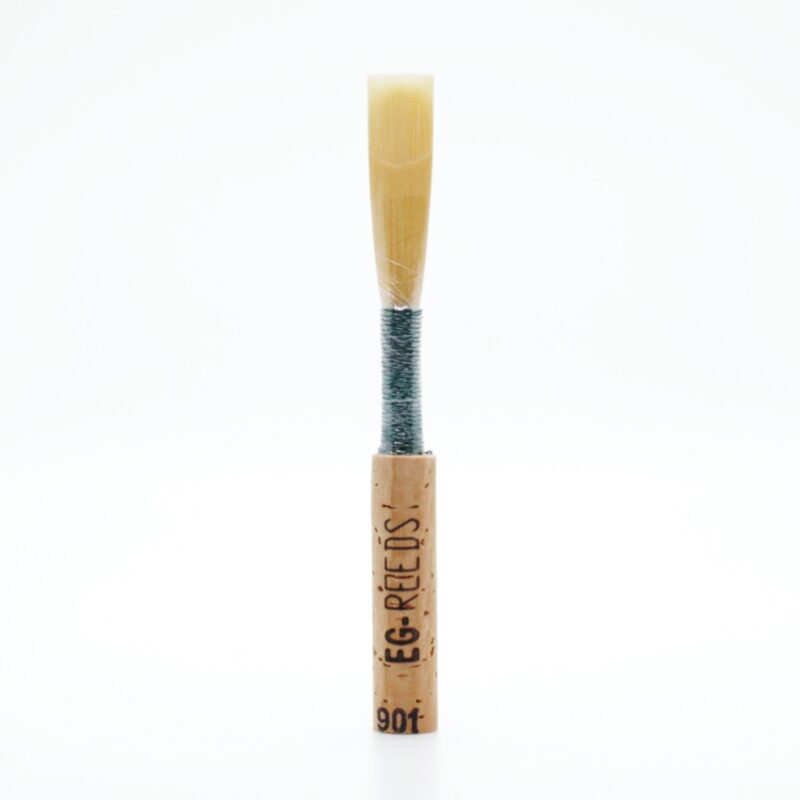

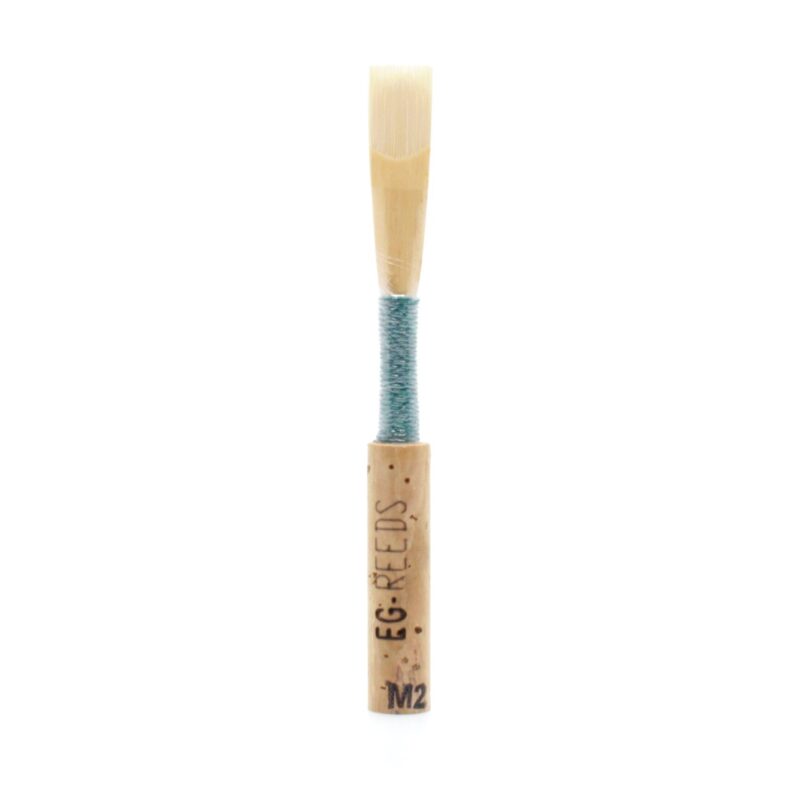
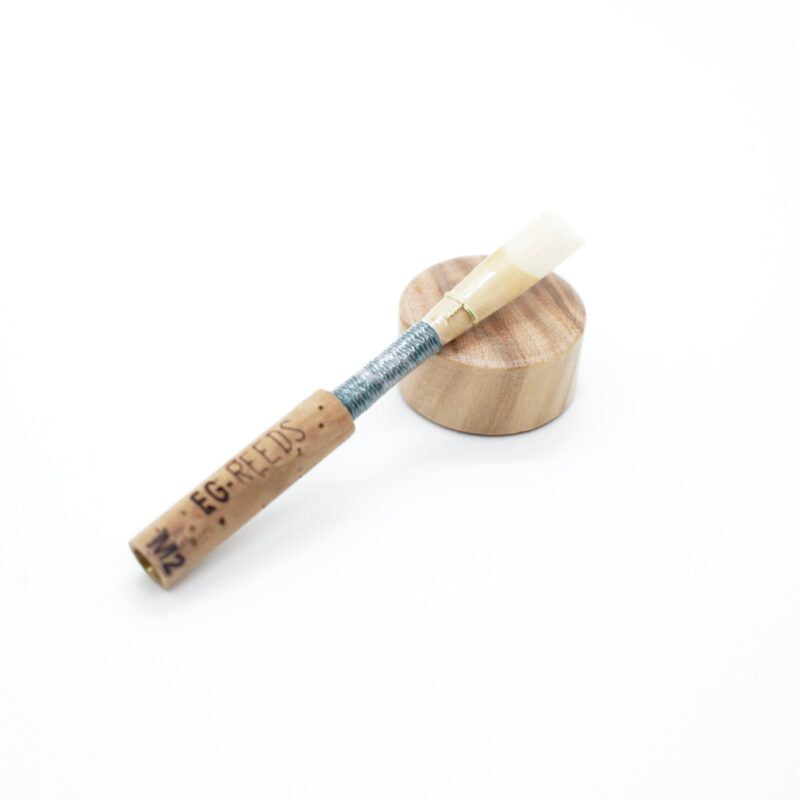

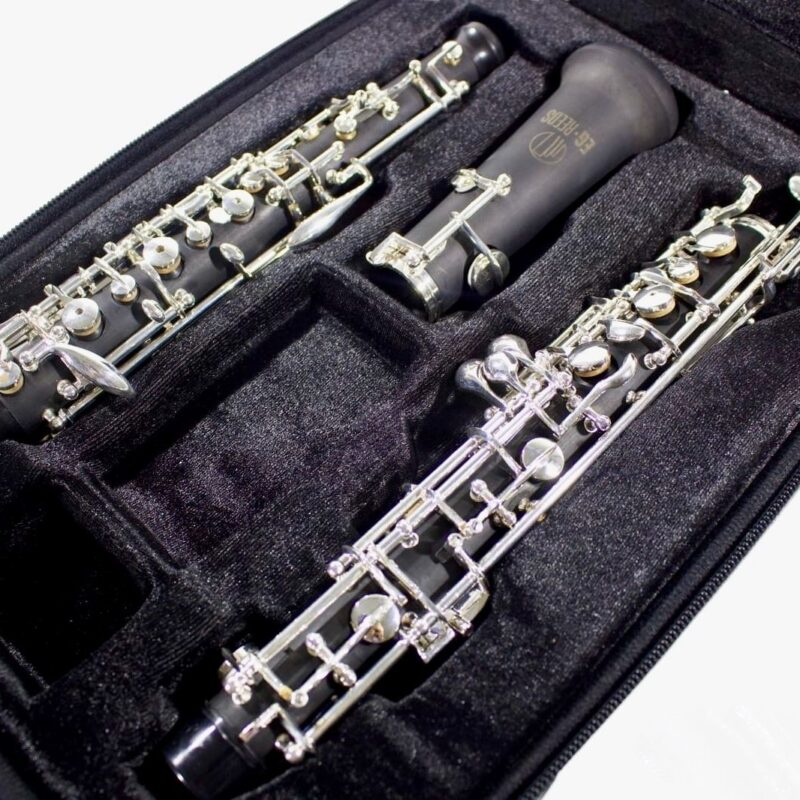

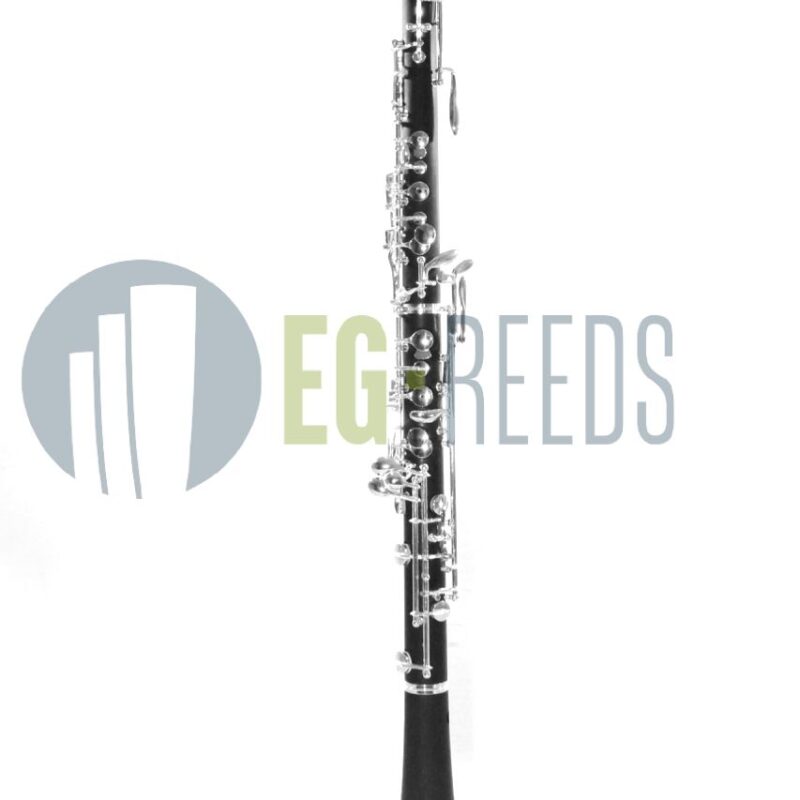
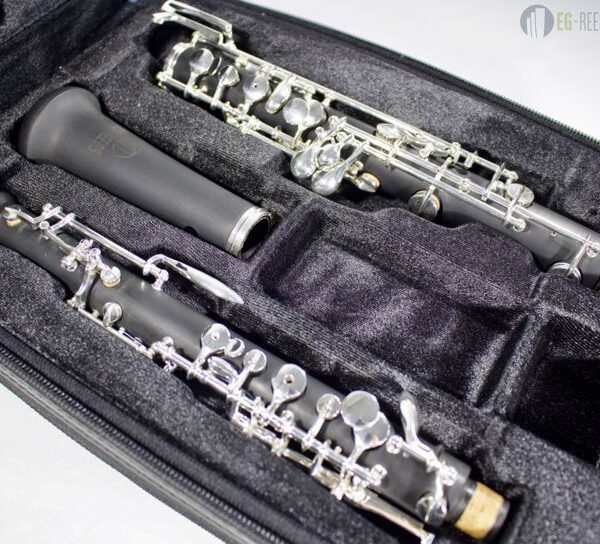
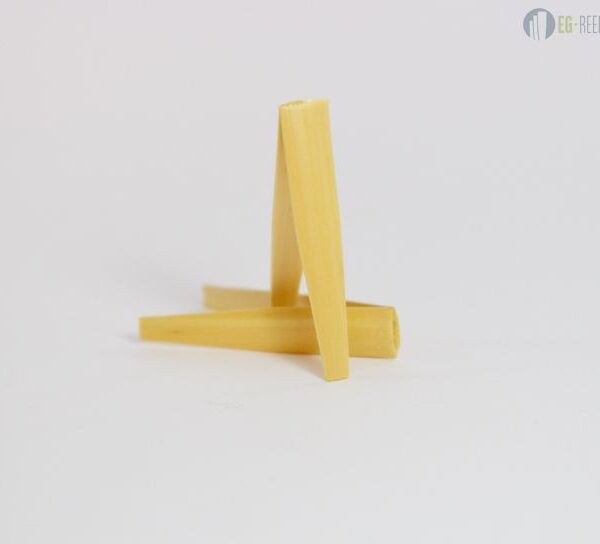
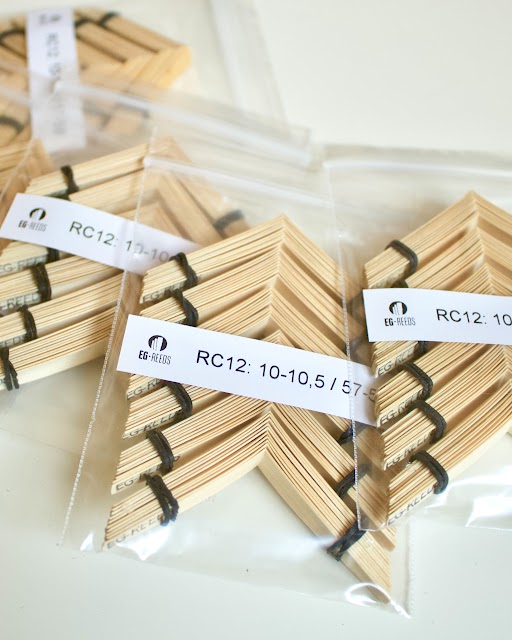


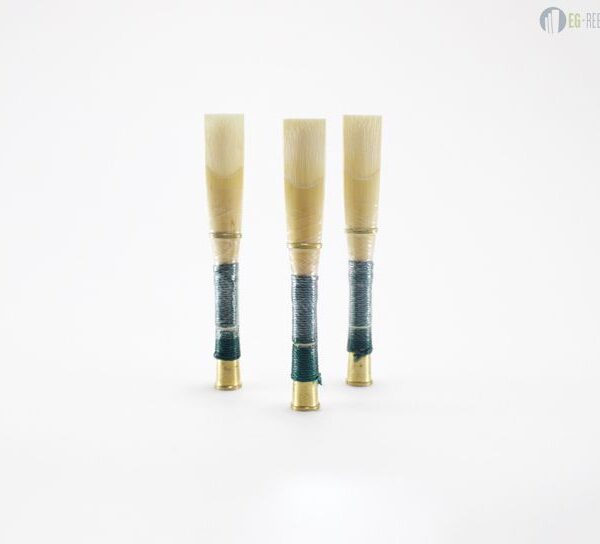
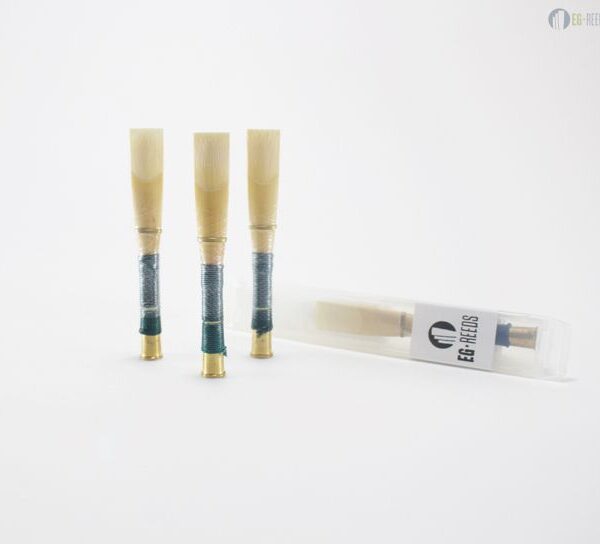


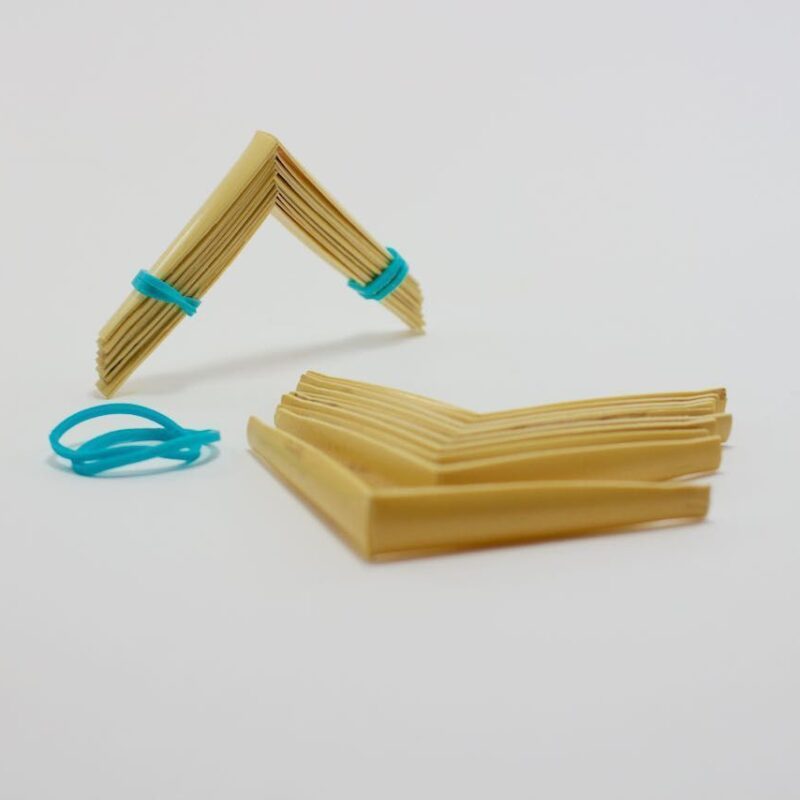
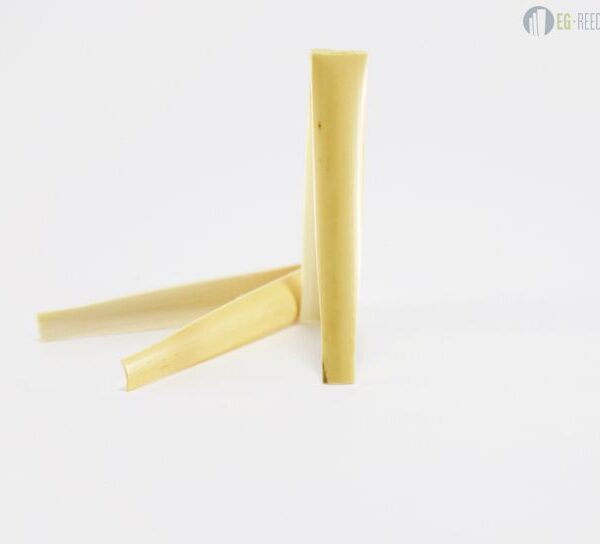




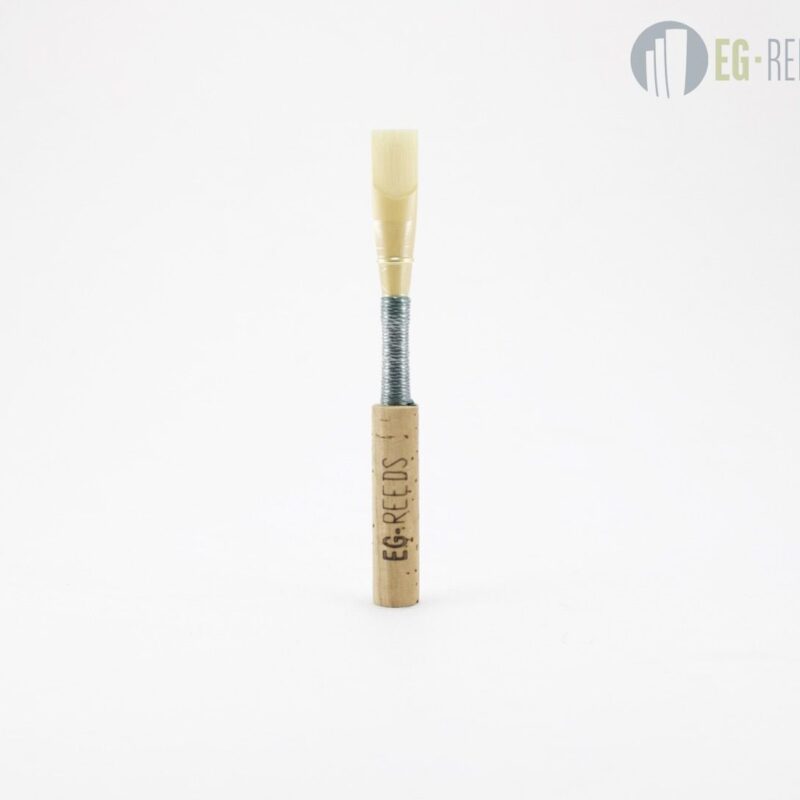

Anche hautbois Pro 901
Anche hautbois Pro M2
Hautbois intermédiaire EG-REEDS
Anche hautbois Mayer
Hautbois étudiant débutant EG-REEDS
Roseaux taillés hautbois EG-REEDS
Anche hautbois étudiant (débutant) EG-REEDS
Anche cor anglais Pro EG-REEDS
Changements dans nos options de livraison à partir du 1er janvier 2026
François Leleux
Nov
Maurice Bourgue
Mar
Le hautbois dans la musique de film
Mar
Albrecht Mayer
Fév
Anches de hautbois : l’anche idéale pour chaque étape
Jan
Comment acheter le meilleur hautbois pour les étudiants?
Jan
Heinz Holliger
Jan